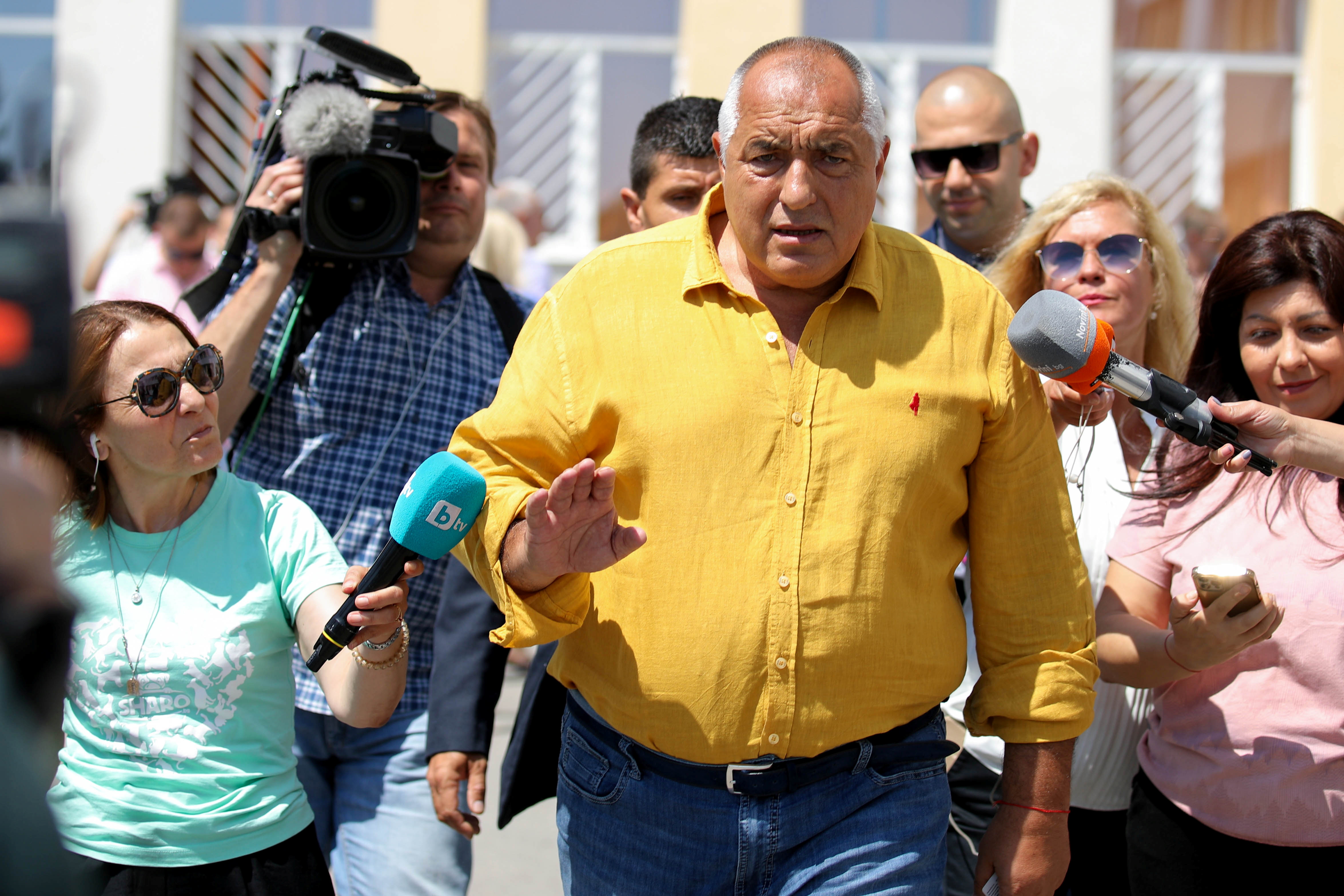SP dissolves entire unit of MP with immediate effect
The party has also dissolved its entire units at the state level as well as in all districts of in the state.
The centre-right GERB party of former Prime Minister Boyko Borissov and a new populist party were neck-and-neck in exit polls.

Former Bulgarian Prime Minister Boyko Borissov leaves after voting during a snap parliamentary election, at a polling station in Sofia, Bulgaria, July 11, 2021.
The GERB-UDF coalition party is leading in Bulgaria’s early parliamentary elections by a narrow margin, according to exit polls.
According to Alpha Research Agency’s exit poll, GERB-UDF is expected to win 23.5 percent of the votes cast during Sunday’s elections, against 22.3 percent for There Is Such A People party, reports Xinhua news agency.
Advertisement
The centre-right GERB party of former Prime Minister Boyko Borissov and a new populist party were neck-and-neck in exit polls.
Advertisement
Another exit poll by Gallup International said that GERB-UDF is leading the elections with 22.1 percent, and There Is Such A People takes 21.5 percent.
Alpha Research said the two formations would be followed by a coalition led by the Bulgarian Socialist Party (BSP) with 14.1 percent, the Democratic Bulgaria coalition also with 14.1 percent, the Movement for Rights and Freedoms (MRF) with 11.7 percent, and “Rise Up! Thugs Out!” coalition with 5.5 percent.
According to Gallup International, BSP has got 15.1 percent of the votes, followed by Democratic Bulgaria with 13.7 percent, MRF with 12 percent, and “Rise up! Thugs out!” with 4.8 percent.
Boriana Dimitrova, manager of Alpha Research, said that several key questions, including who will be first and third, remain open.
Weeks of coalition talks, or even another election, are now possible, meaning Bulgaria may face difficulty tapping the EU’s multibillion-euro coronavirus recovery package or approving its 2022 budget plans.
If deadlock leads to yet another election, “voters will tire out, their support for democracy will erode,” with extremists standing to benefit, Antony Todorov, New Bulgarian University professor told the AFP news agency.
The official results are expected to be released on Thursday.
Earlier on Sunday, after casting a ballot in a polling station in Sofia, resident Rumen Radev said he expected that the parties had learned their lesson from the previous elections and would act much more constructively and responsibly in forming a stable government.
“This is their most important task,” Radev said.
Radev said he hoped the next Parliament “will give birth to an energetic, predictable and legitimate government”.
The same six formations entered Parliament after the previous elections, which were held on April 4 this year.
However, they failed to form a government, so Radev dissolved the National Assembly and appointed a caretaker government.
Bulgarians all over the world went to polls on Sunday to vote in the country’s early parliamentary elections.
More than 6.7 million voters are eligible to elect 240 lawmakers from 15 political parties and eight coalitions, according to official data.
Advertisement